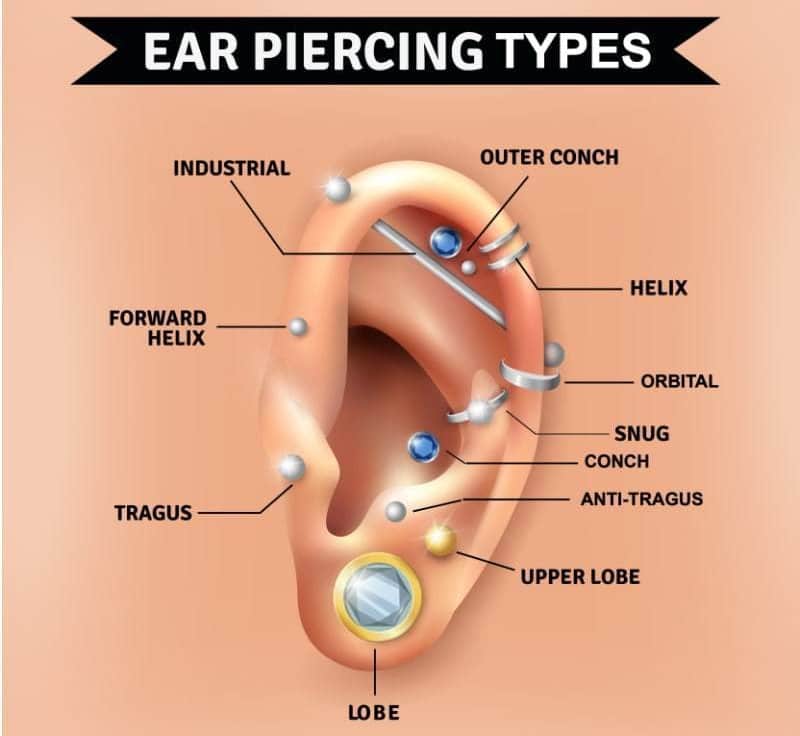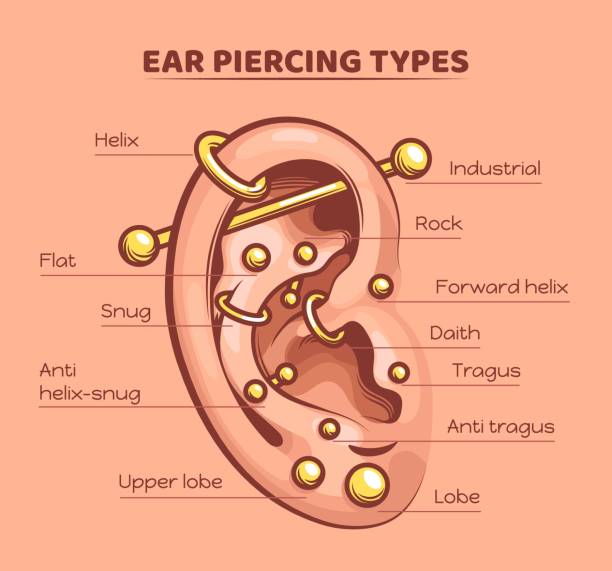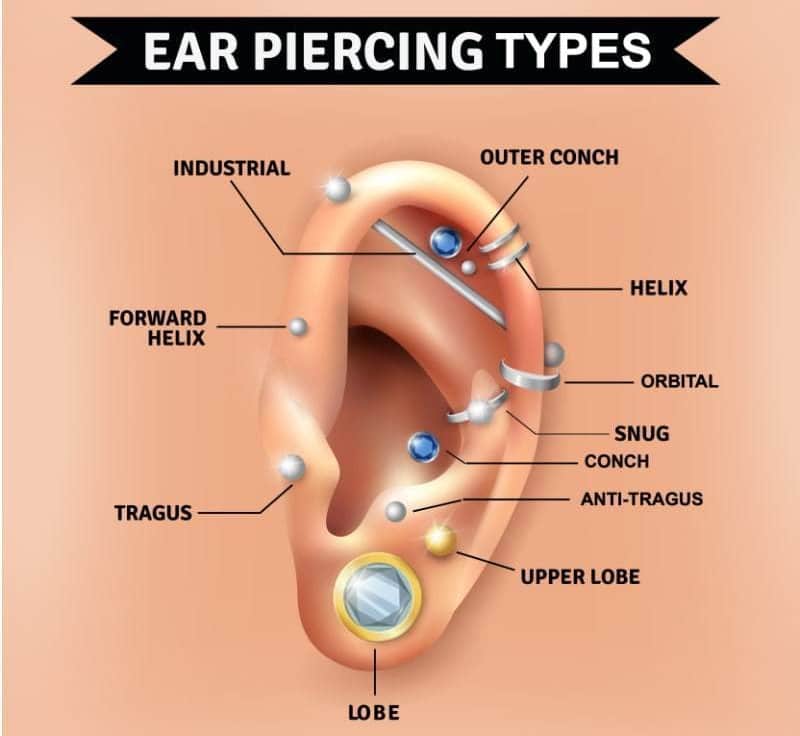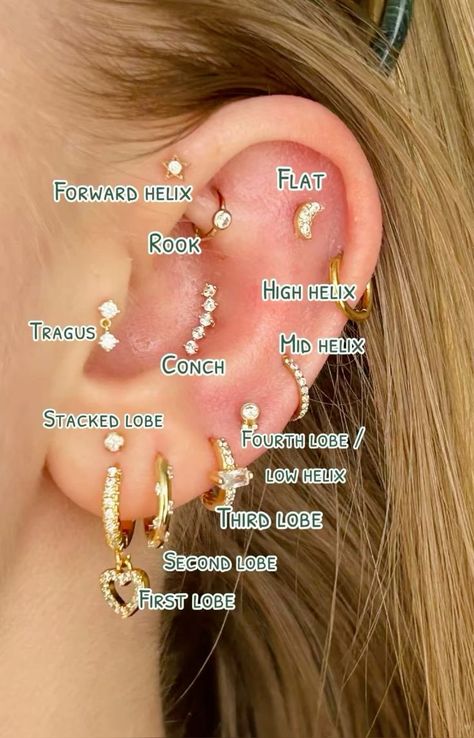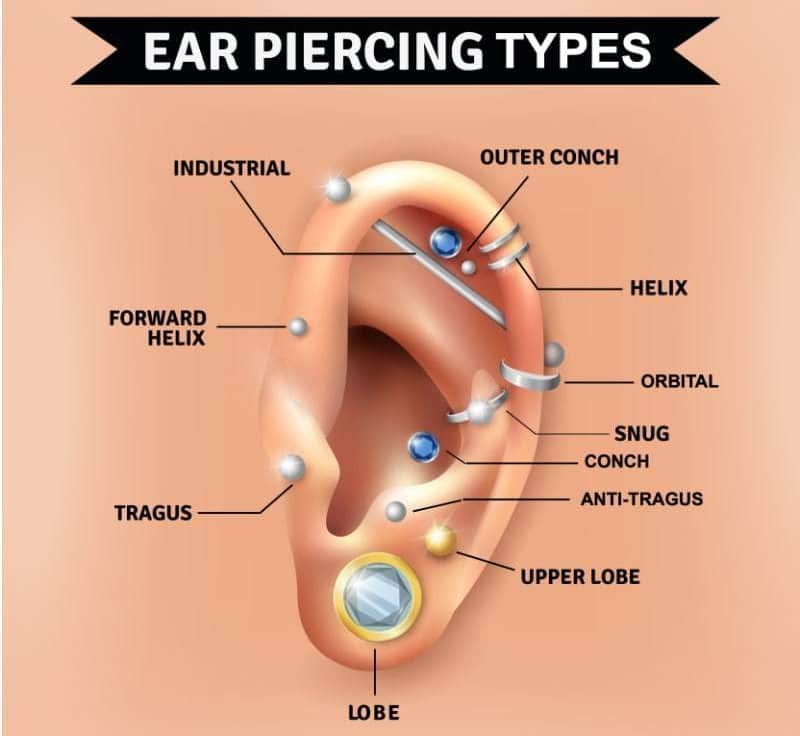Debit card vs credit card: What affects your credit score?

While a credit card and a debit credit card might appear similar, the manner in which they’re used and the features, including the EMI option, reward points, as well as their impact in affecting credit score are different. As a consumer it is important to understand the primary difference between credit and debit cards, as well as the differences and the effect they affect credit scores. This will help you understand the two better and avoid financial problems.
What are the effects of debit and credit card usage impact your credit scores?
The effect on credit score is an essential difference between debit and credit cards. Credit cards aid in building the credit history of an individual and shows their credit and repayment behaviour. So, if it is used with care credit cards can be the best way to establish good credit scores.
A credit card used in a responsible manner has a reliable payment track record. This is a clear sign that the card holder has made the monthly instalments punctually and in a punctual way.
In addition, one must be aware of the credit utilization ratio because it can affect credit scores in a significant way. Credit utilization is how much credit can be used in relation to their credit limit. If a person uses too much of on their credit card, utilization ratio rises and has a negative impact on their credit report, and consequently the credit score. A credit utilization ratio around 30% can help people maintain their credit score and increases the likelihood of getting loans approved in the future.
However the debit card’s use is dependent on the balance available in your account at the bank. It doesn’t affect your credit score, since the use of it doesn’t mean that you’re using credit.
Other Differences between the Credit and Debit Card
Other distinctions between a credit and debit card include:
Option to EMI
Since the entire amount is taken directly into the bank account that holds it, there are no EMI alternatives are available on debit cards. Certain banks do offer the debit EMI facility, the user must maintain an ongoing or fixed deposit in order to avail this service.
A person who uses credit cards however can convert purchases into EMIs using credit cards. But as long as the EMI is fully paid off it is still liable to pay interest monthly for the balance. In addition, it is important to know the various fees and taxes prior to deciding on an EMI option by using credit card.
Security on a transaction
Credit and debit cards both contain PINs, making them safe. A majority of credit cards come with the option of liability protection, which safeguards the card from suspicious or unrecognized transaction. Some banks also offer chargeback services that reimburses the cardholder for unauthorised transactions. The debit cards do not come with these features.
Points for reward
Another significant distinction between these two credit cards is the possibility of reward points. When you make purchases with credit cards you earn rewards points for each transaction. Later, you can make use of them to your benefit, including discounts and bargains for future purchases. A debit card however does not have these advantages.
Transferring funds using credit cards
Another major difference in debit and credit cards is that you can transfer funds using credit card. You can now use your smartphone or an online banking application to transfer money from your credit card onto your banking account. However, it is important to keep in mind that different banks often have different limitations on transfers per day. It is therefore recommended to speak with your bank for complete details regarding this issue.
If you are aware of what you can do to transfer money from your credit card to a the bank account One thing to remember is that you will result in an increase in the interest rate of the loan and a transfer fee. Pay attention to that.
Also read: What is APR on a Credit Card?
Conclusion
In the end how credit affects your score is an important difference between debit and credit cards. Both debit and credit cards can be useful to purchase products or services. But the use of a debit card (without the overdraft option) will ensure that you only purchase the amount that one can afford and doesn’t fall into debt.


